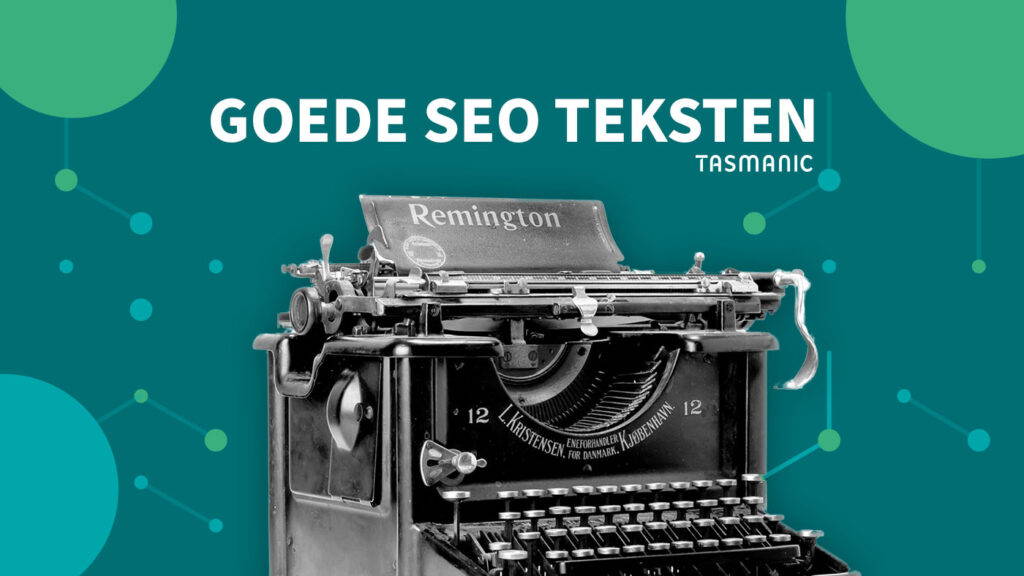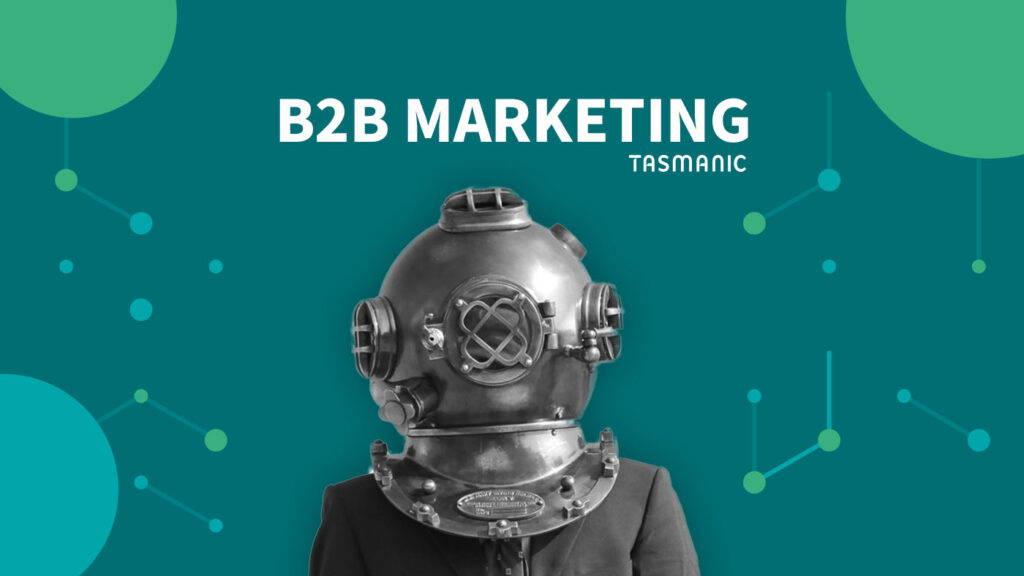
Last updated November 11, 2024
You have a great website, but....
- It is not visited as often as you would like.
- Customer business is disappointing and there is no real growth
- There are no clear goals and strategy to address them
Recognizable? Then maybe it's time to visit the hulp van een SEO bureau in te schakelen.
Experienced specialists who understand your business and customers through and through, improve the findability and effectiveness of your website, taking your results to the next level.
What is an SEO specialist?
An SEO specialist is an expert in search engine optimization. He or she ensures that organic traffic to a website grows as it attracts more organic traffic from search engines such as Google and Bing.
The level of expertise ranges from junior (0-3 years of experience) to senior (5+ years of experience). A junior SEO specialist focuses mainly on basic technical tasks and supervised content optimization. A medior (3-5 years of experience) works independently on more complex projects and strategy. Seniors oversee complete SEO projects, train teams, advise at the strategic level and solve complicated technical challenges.
Why should you hire an SEO specialist?
SEO is more complex than is generally assumed. Someone who is not a true specialist is quick to overlook things or set the wrong priorities. These can be costly mistakes, especially with large websites on which a lot depends.
Fortunately, the potential returns are also a lot greater than entrepreneurs often assume. Especially when the other marketing activities are properly coordinated, bringing in a specialist can make a huge difference. Simply put: an SEO specialist structurally brings more relevant visitors to your website and increases your revenue.
When should I hire an SEO specialist?
If you ask this question then the answer is probably; now. Often an SEO specialist is hired after the new and improved (and expensive) website is launched. Probably the website would have become a lot more effective if an SEO specialist had been involved in the development. And the launch would have had some positive effects on findability as well.
Moments to hire an SEO specialist
- Moving a website to a new domain.
- New website development.
- Merging 2 websites through a business acquisition.
- Big drop in organic visitor numbers.
- Little to no website traffic.
- Little to no growth in organic traffic (<20%)
What does an SEO specialist do?
The work of an SEO specialist focuses on the 3 main pillars of SEO:
- Link Building
- Content
- Technology
Depending on the current situation, goals and the specialist's knowledge, different emphases will be placed. There is no one best way to do SEO.
Creating SEO plan
These three pillars are used in combination to optimize the SEO of your website. For this purpose, an SEO plan is created in which the following four steps are worked out (important to know is that every client needs a different approach and there is no such thing as a standard approach):
Step 1: analysis
Together with the SEO specialist, we look at what needs to be done. In this, the company states what the goals are and what they expect from the SEO specialist. Based on the answers, a clear proposal is made. What things will be examined and what are the expected results? When both parties are satisfied, the SEO specialist proceeds to research.
- Does extensively zoekwoordenonderzoek
- Takes a technical look at the website
- Maps current online position
- Analyzes current content and content
Step 2: plan of action
On the basis of the study, the problem is approached from several angles, with which various pain and improvement points are raised. An SEO specialist:
- Translates objectives into a contentmarketingstrategie
- Lists opportunities to increase website authority
- Makes recommendations to improve website technology
Step 3: implementation
After the problem and areas for improvement have been clearly identified, solution-oriented and practical tools are offered in terms of:
- Optimization use current keywords
- Implementation of relevant new keywords
- An improved website structure and navigation
- Removing irrelevant content
- Clear and consistent positioning
- Generating buzz through other channels
- Technical improvement points website
- Accelerating the loading time
- Better tailoring content to search intent
- Counteracting inter-page competition
- Approach parties to increase authority
Step 4: evaluation
An SEO course is a long-term investment. After three months, we can discuss the first results. What are the main indicators that we are on the right track? From there, if necessary, the strategy is adjusted and optimized. An SEO specialist will also regularly evaluate the results of the SEO optimizations and the performance of the website. With SEO, it is very important to be on time when there is, for example, a Google algorithm update that affects your rankings or a technical error that causes you to suddenly lose a lot of visitors.
Pillar 1: Link building
Link building is the part of SEO in which you acquire links (backlinks) from other websites to your website to improve your website's authority and visibility in search engines. By obtaining quality links from reliable, relevant websites, Google sees your site as a valuable resource, which can result in higher rankings in search results. Link building includes techniques such as guest blogging, sharing content on social media, reaching out to relevant sites and partners, and creating valuable content that others will want to share and link to.
Pillar 2: Content
Content in SEO refers to all text, images, videos and other forms of information on a Web site that are designed to provide valuable and relevant information to visitors. Good SEO content is optimized for user searches. The content matches the search intent so that the pages are findable in search engines. By creating valuable, informative and unique content, a website increases its authority, improves the user experience, and increases its chances of ranking higher in search results.
Pillar 3: Engineering
Engineering in SEO refers to the technical aspects of a website that affect its findability and performance in search engines. This includes things like website structure, loading speed, mobile usability, crawlability, indexability and secure connections (HTTPS). Technical SEO ensures that search engines can search, understand and index the site without obstacles, which is essential to rank well in search results and provide an optimal user experience.
SEO as part of the marketing strategy
SEO can be an important part of a company's online marketingstrategie. There are companies that have made millions in sales with SEO alone and would never advertise. For that matter, there are also entrepreneurs who say SEO no longer makes sense. Both are wrong. In a company's overall marketing strategy, SEO is a small part. Read more about that in our blog het misverstand over marketing opgehelderd.
The purpose of SEO and content marketing
To permanently ensure the best results, an SEO specialist needs to understand your business, clients and goals through and through. Therefore, a number of questions are key:
- With what objective do you want to deploy SEO and contentmarketing? Do you just want to generate more visitors to your sales pages or are you building a broad knowledge portal?
- What makes your company so unique? Why are you valuable to your customers and what sets you apart from the competition?
- Who exactly are your customers? What is your customer looking for? What is the search intention of your ideal website visitor? Looking for information, finding a specific website, comparing products, purchasing or requesting a consultation?
- What is your revenue model? How does better findability contribute to more revenue? Besides good findability, what else is needed to generate more income?
- What on-, offline and Social channels are you using? How are these channels used and how are they interconnected?
- Who is your competition? What do they do well on/and offline? What pitfalls should you avoid and what business can you take an example from?
In addition, it is good to realize that SEO, like all other departments within your company, must contribute to the business objectives. Make sure it is clear which business objectives the SEO specialist should contribute to, this will make it easier for you to make the translation to what you want to achieve with SEO.
Are the results from your online marketing disappointing?
Request our no-obligation performance scan and we'll tell you where you're going wrong.

















 Team
Team FAQ
FAQ Vacancies
Vacancies Contac
Contac AWR
AWR Ahrefs
Ahrefs Channable
Channable ContentKing
ContentKing Leadinfo
Leadinfo Optmyzr
Optmyzr Qooqie
Qooqie Hubspo
Hubspo Semrush
Semrush





